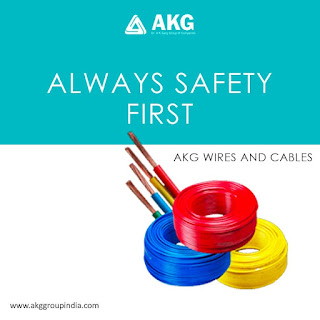What are the guidelines before you select a CPVC Pipe Manufacturers?

Contrary to normal steel or cast-iron pipes, which can corrode over time or as a result of water treatment chemicals, CPVC pipe offers the finest defense. It is chlorinated and has some additional advantages, such as not corroding and not attracting rats and insects. In addition to the benefits of being chemically resistant, CPVC is impermeable, which means it has very little PVC leakage. Make sure the manufacturer's specifications for PVC quality are fulfilled or surpassed when purchasing a CPVC pipe and fitting. Check the pipe for breaks or cracks; if either occurs, the fitting needs to be replaced. What do customers expect from CPVC Pipe Manufacturers? Durability Customers want to be certain that the product they purchase is one they can rely on and won't need to worry about it failing or putting them into trouble. The product must be flawless and long-lasting for repeated use. Customers want to know that the manufacturer's customer care department is available to ...
